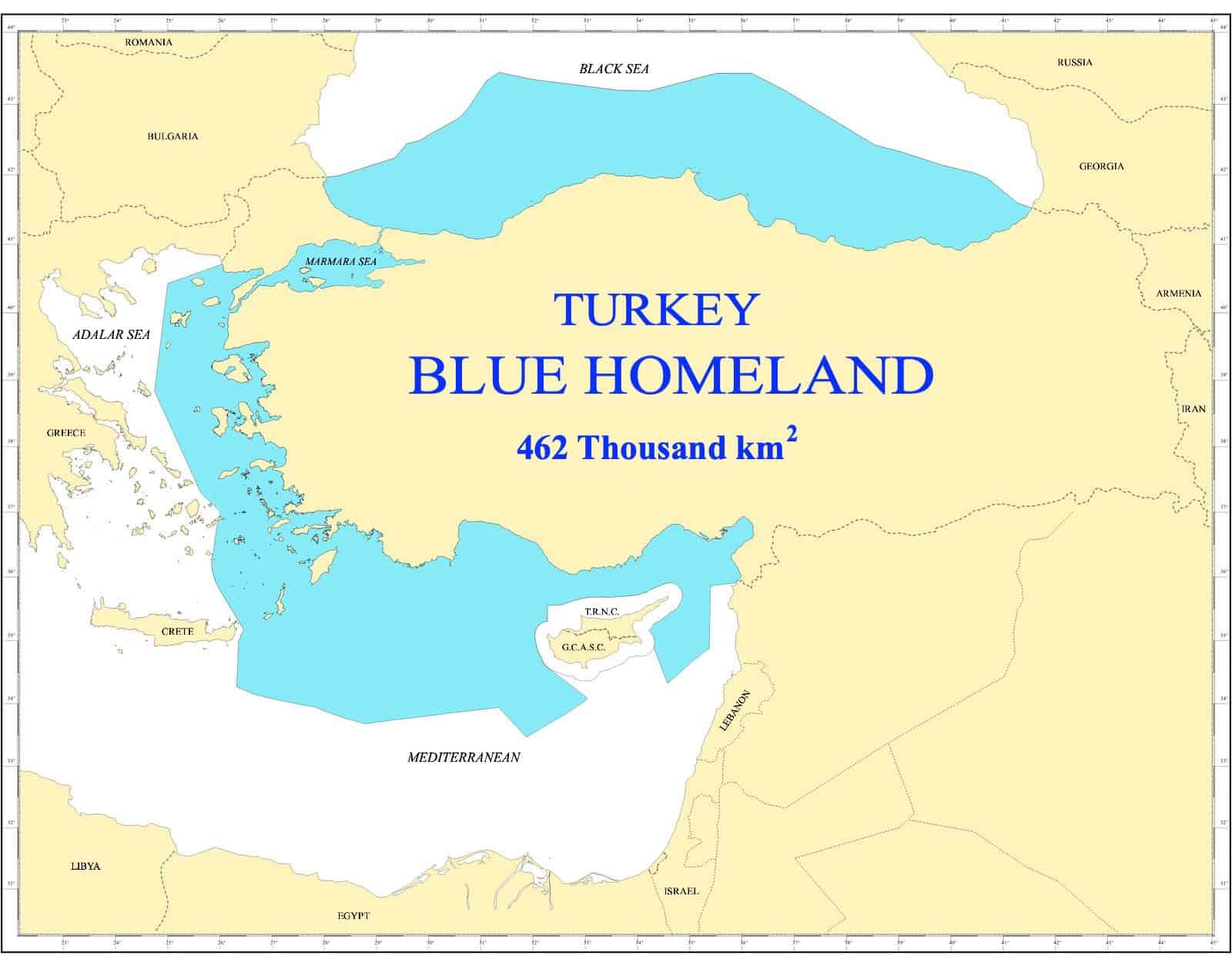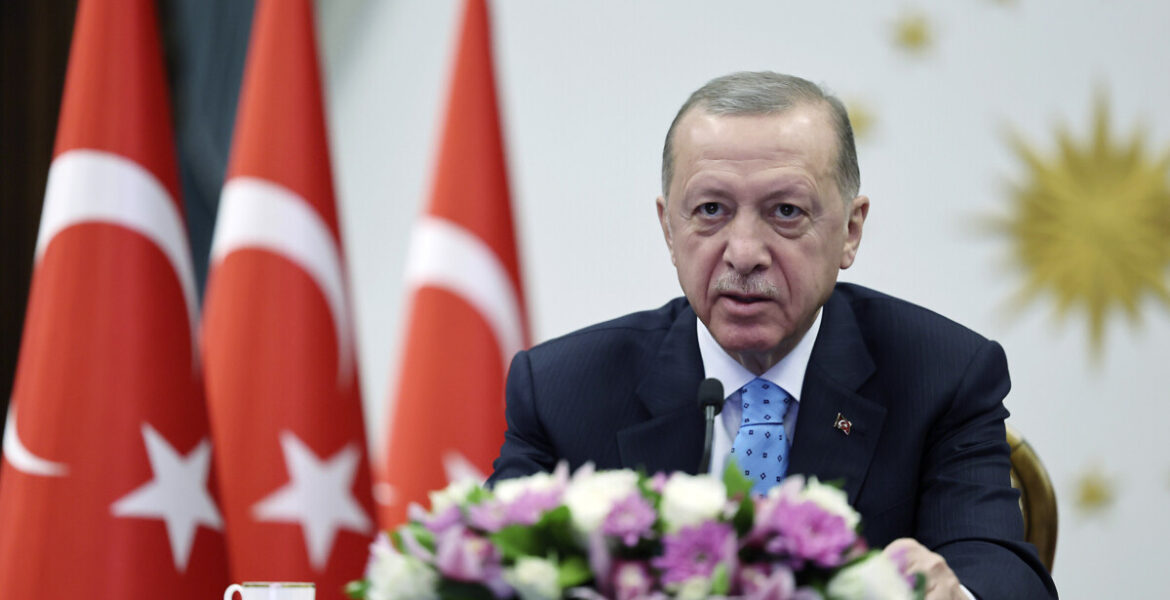Ankara has taken a significant step towards cementing its maritime claims in the Aegean and Eastern Mediterranean by incorporating the contentious "Blue Homeland" doctrine into the country's official school curriculum. This move, recently approved by Turkey’s Education Minister Yusuf Tekin, has sparked concern in Greece and among international observers who view the doctrine as a challenge to established maritime boundaries and a potential flashpoint for conflict.
The "Blue Homeland," a nationalist concept widely promoted in Turkey, asserts Ankara's expansive maritime jurisdiction in the Aegean and Eastern Mediterranean Seas, exceeding what's recognized under international law according to Greece and the EU. Critics argue it infringes upon the sovereign rights of neighboring countries, particularly Greece and Cyprus.

Under the newly approved "Century of Turkey" program, ninth-grade geography lessons will now emphasize "the importance of Turkey’s location characteristics," including discussions of maps related to the "Blue Homeland" and the "Homeland in the Skies" – a concept referring to Turkey's claimed airspace. The curriculum will also present what it calls Turkey's "justified struggle" against "demands that ignore its legal and geographical rights" in the Aegean and Eastern Mediterranean.
Furthermore, tenth-grade students will be taught "the reasons why Turkey is not a party to the UN Convention on the Law of the Sea and its rights in international waters today and in the future." This is particularly significant as Turkey remains one of the few countries worldwide that has not ratified the UNCLOS, the principal international treaty governing maritime affairs.
The curriculum also emphasizes Turkey's historical and cultural ties to Northern Cyprus, a self-declared state recognized only by Turkey. Students will explore potential infrastructure projects, including a controversial water supply project linking Turkey to Northern Cyprus.
The inclusion of the "Blue Homeland" doctrine in the educational system comes amidst growing calls for a more assertive Turkish foreign policy in the region. While the main opposition party (CHP) broadly agrees with the government's stance on maritime issues, there are internal divisions regarding the approach's intensity.
By formally embedding the "Blue Homeland" doctrine within the national education system, Turkey is effectively promoting this geopolitical vision to its younger generation. This development has the potential to further escalate tensions with Greece and complicate regional efforts to resolve long-standing maritime disputes, potentially hindering future cooperation and dialogue. The international community will undoubtedly be watching closely to see how this plays out in the already complex geopolitical landscape of the Eastern Mediterranean.


